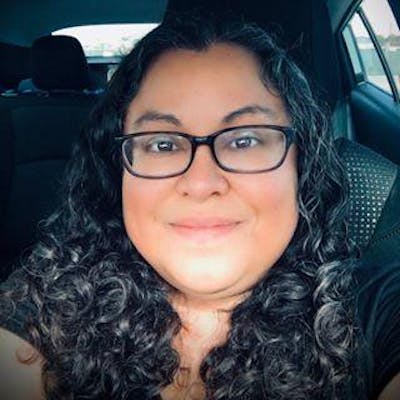Learning your first programming language or adding a new language to your tech toolbox might feel daunting. Each programming language has specific terminology and a variety of progressively complex concepts which could take years to truly understand.
In many ways, learning a programming language is similar to learning a spoken language. As a child you learned your native language by working through the four golden skills of language learning: listening, speaking, reading, and writing. Think about how you are studying (CS degree, a bootcamp, or self-study) and how these skills intersect with your current methods and materials. Are there opportunities for you to enhance your current course of study by adding more activities from one or more of the four skills?
Looking back on how I learned JavaScript, I can see how each of the four skills played a role in my learning. Keeping these four skills in mind helps me see where I can still improve by trying to add these skills on a more daily or weekly basis to stay balanced.
Here are some ways you can practice these four skills as a framework when studying a programming language:
Listening
Listening to others talk about a programming language will expose you to a lot of common terminology and core concepts. You'll eventually start to notice patterns and note down questions about areas you'd like to research further.
Podcasts
There are numerous podcasts that range from web development in general to more specific languages. Podcasts are good on the go, while you are doing household chores, or on your commute. Here are a couple of good ones:
Videos
YouTube is a great place to find conference talks, presentations, and workshops relevant to what you are studying. Going through video tutorials from Udemy, Coursera, etc. also helps. Here are a couple of YouTube resources:
Speaking
Okay, so you are going to need to be social at some point. There is no getting around this. Take this as an opportunity to expand your network. Here are some simple ways to practice speaking about your target programming language:
- collaborate on a coding project with one or more developers
- join a Meet-Up
- start a study group
Reading
There are tons of great articles here on Hashnode as well as other online platforms. Reading blog posts and online tutorials are great ways to practice your understanding. You can also find free e-books and websites to help such as:
Writing
There is no substitute for actually building projects by writing code. Your projects don't have to encompass a lot of different concepts at first. You can start by building the simplest projects or adding a different spin to the tutorials you have been reading and watching. But writing the actual code on a regular basis is a must. Here are some resources with project suggestions:
Creating Your Own Documentation
If you don't have a blog of your own, you can start one today. You can also take daily notes of all the concepts you are learning. Writing things down makes you clarify your thoughts. If you know someone else will read what you wrote, you'll want to take time to edit and consider how easy the writing is to understand.
Conclusion
Having a holistic approach with these four skills as the core to your overall study structure can help you create an immersive experience with more depth to your learning. These skills often overlap with certain activities which is ideal. The more you can incorporate these skills together, the better the results.
Are you incorporating the four skills into your current study schedule already?
Photo by Brooke Cagle on Unsplash

